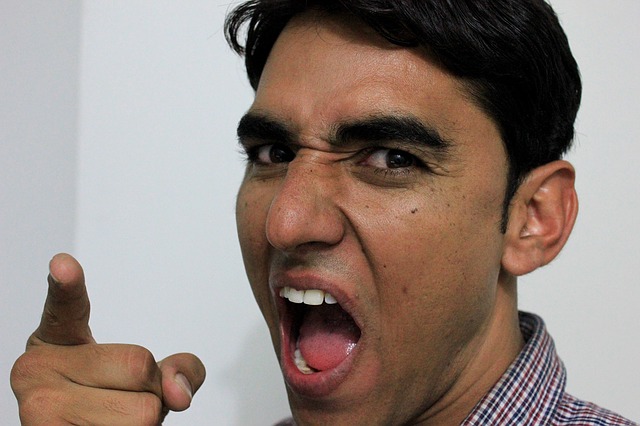A report from the Australian Poisons Centres has confirmed that accidental ingestion of nicotine e-liquid is extremely rare and is usually mild and self-limiting, according to the Australian Tobacco Harm Reduction Association (ATHRA).
In a note posted on its website, ATHRA said the findings supported the case for legalising and regulating nicotine for vaping as a safer alternative to smoking.
The study in the Medical Journal of Australia yesterday reported on 202 calls to Australian Poisons Centres for e-cigarette and e-liquid exposure over an eight-year period from 2009 to 2016. Calls were said to have increased as vaping became more popular, but still represented only 0.015 percent of all calls received – fewer than one in five thousand calls.
Thirty eight percent of the calls were for children, and there were 12 cases of deliberate self-administration by adults for self-harm.
Most subjects had only mild symptoms. Twelve had moderate symptoms, usually vomiting and sedation. There were no serious reactions or deaths reported.
ATHRA said the Australian findings were similar to Poisons Centre reports from the US and Europe, which also found that accidental exposure to nicotine e-liquid was usually mild and short lived.
‘Although nicotine is potentially toxic, serious reactions from accidental ingestion are rare and most cases make a full and quick recovery,’ the ATHRA note said. ‘Most swallowed nicotine is not absorbed into the bloodstream and much of the remainder is broken down rapidly in the liver.
‘Suicide attempts with even very large doses usually result in prompt vomiting. Thankfully there is usually a full recovery but very rare fatalities have occurred in adults and children.
‘Nicotine poses no risk to vapers if used in the standard doses as intended.’










